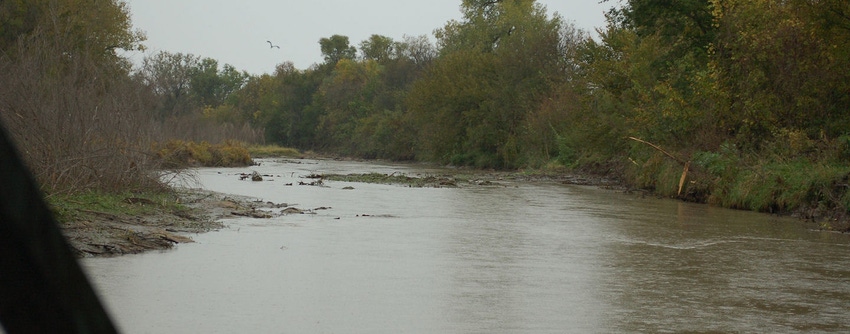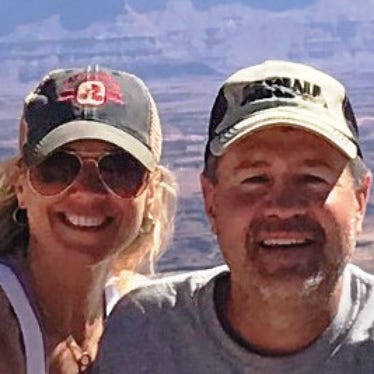
News of the lawsuit filed by Des Moines Waterworks against three county drainage districts has been accursed in many of the agricultural publications.
This lawsuit is the “Flint, Michigan” story of the ag community. Many of the articles I have seen are playing it out as ag being attacked by the urban community.
All of us are consumers of water in one way or the other. While many in rural areas have their own wells to meet their supply, many also rely on rural water systems. Most of these systems get their supply through well or surface-water systems. The residents of most urban centers, both big and small, rely on municipal water systems to supply their drinking water.
Let me first give you some background on the lawsuit. Des Moines waterworks draws its source water from the Des Moines and Raccoon rivers. The waterworks operates one of the biggest nitrate removal plants in the world. While nitrates are not hard to remove from drinking water, it does create an extra expense for their removal. Des Moines uses a method called Ion Exchange to remove the nitrates. Too much nitrates in drinking water can create what is called “blue baby syndrome” where there is decreased oxygen-carrying-capacity of affected; babies' bloodstreams. The lawsuit is seeking monetary compensation for the cost associated with equipment and operations to remove these nitrates.
Specifically, the Des Moines Waterworks is suing the farmers in the drainage district of three counties saying the water coming of their fields has high levels of nitrates, which in turn is causing their issues with treatment.
The reason this is important to all ag producers across the country is that it begins to cloud the point/nonpoint contaminant issue. A “point” discharge is a geographic point that is tied to a certain discharge such as a wastewater plant or an industrial plant. These are normally tightly regulated. “Non-point” is a type of discharge that can’t be attributed to a certain location, such as a farmer’s field. The counties in question are in an extensive row crop area of Iowa.
So who is at fault? Who is to blame?
With me living on both sides of this issue, working in water quality and running a farm, it makes it hard to debate this issue but one thing is for sure. Everyone deserves to have clean drinking water without having to worry about pollutants affecting their water.
It is time that producers start working on long-term solutions to reduce or eliminate nitrates in ground and surface water. The good thing is there are solutions! Long-term no-till coupled with cover crops will solve these issues. Keeping soil in place and utilizing all nutrients with a growing plant is the key.
This will take a commitment from the producer, landowners and agency people, as well as the consumer to pull off, but I am confident it can be accomplished. It will require a different way of thinking and operating with a long-term goal of protecting every drop of water that hits a farming operation.
Ultimately, farmers and ranchers are responsible for every drop of water that lands on or runs off their land. More than likely this will wind up as someone’s drinking water. It is our job as producers to make sure it is kept clean.
Since starting my job in source water protection, it has made me look at things in an entirely different light. I am up the challenge, are you?
About the Author(s)
You May Also Like






